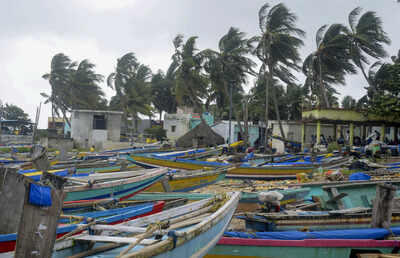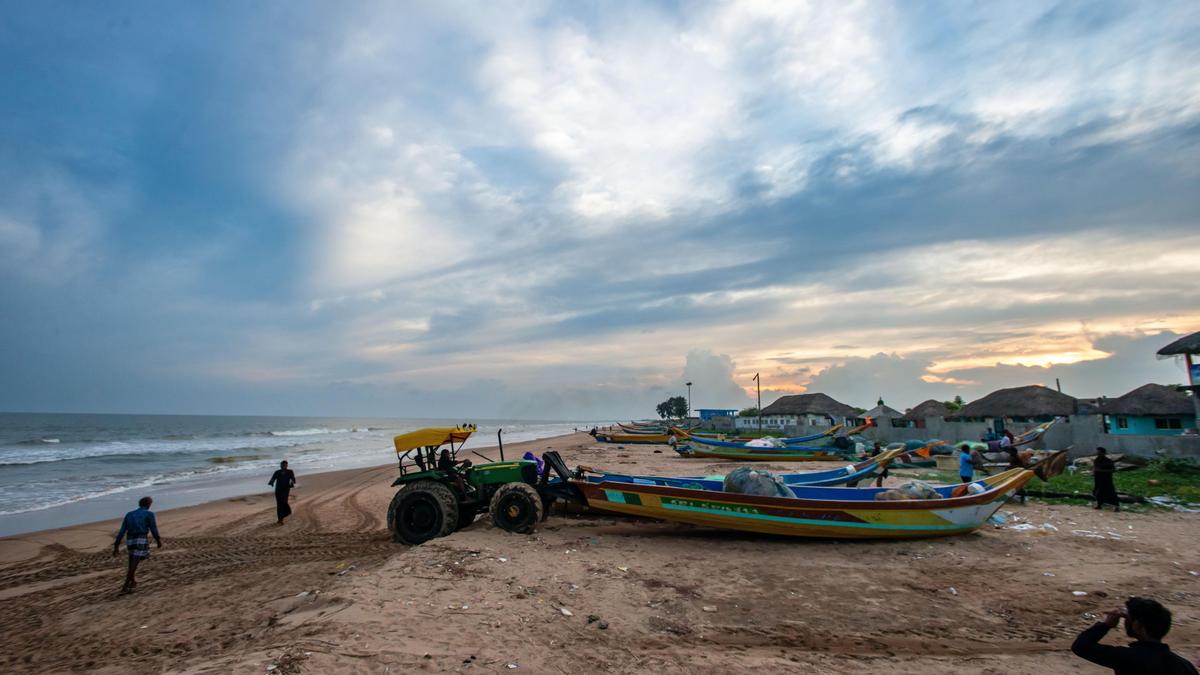As Cyclone Montha weakens while moving across eastern India, West Bengal remains under a yellow alert, with orange alerts in select districts due to continuing heavy rainfall and gusty winds. Although the system has lost strength, the risk of electrical hazards, power disruptions, and fire incidents remains significant.
In response, the Calcutta Electric Supply Corporation (CESC) has issued a comprehensive safety advisory for all electricity consumers in Kolkata and adjoining areas. The guidelines are meant to reduce the risk of accidents caused by short circuits, overloading, or exposure to damaged electrical systems during adverse weather conditions.
1. Carry Out Electrical Safety Checks
Consumers are advised to conduct periodic inspection and testing of internal wiring by a licensed electrical contractor or authorized inspector. This should be done at least once every five years, or sooner if the building has experienced water seepage or voltage fluctuations. Regular inspection helps prevent short circuits, overloading, and current leakage.
2. Install Circuit Protection Devices
CESC strongly recommends installing Earth Leakage Circuit Breakers (ELCB) and Residual Current Circuit Breakers (RCCB). These devices automatically disconnect the power supply during a fault, reducing the chances of electric shock and electrical fires.
3. Follow Building and Wiring Regulations
Ensure that all buildings, especially new constructions, comply with building by-laws and electrical safety standards. Maintain the required distance from high-tension or low-tension lines and ensure proper earthing for all installations and meters. Grounding faults are one of the leading causes of electrical damage during cyclones.
4. Inspect Multi-Storey Installations
Owners of multi-storey and high-rise buildings should ensure that lifts, generators, and electrical systems are inspected regularly. Avoid using temporary wiring or loose plugs, which can become hazardous when exposed to moisture.
5. Maintain Safe Distance from Electrical Installations
Residents are urged not to park vehicles or store flammable materials near transformers, power poles, or underground cable chambers. In waterlogged areas, stay away from visible electrical wires and report any live wires to CESC immediately.
6. Avoid Overuse of Appliances
Do not run geysers, room heaters, or water pumps for prolonged periods. Switch off high-load appliances before leaving home or during voltage fluctuations. Continuous operation during unstable supply can cause overheating and fire.
7. Service and Maintain Air Conditioners
Air conditioners, coolers, and other large appliances should be serviced regularly. Moisture buildup or loose wiring can cause sparking, particularly during humid cyclone conditions.
8. Use Regulators and Switches Responsibly
Always ensure that geyser and water-pump regulators function properly. Switch off these appliances after use to prevent overheating or damage.
9. Do Not Overcharge Electrical Vehicles
Electric vehicles, inverters, and batteries should not be charged for long periods during unstable power conditions. Overcharging can lead to internal short circuits and fire.
10. Keep Surroundings Clear
Avoid dumping garbage, leaves, or debris near transformers or electric meters. Wet waste can increase the risk of electrical faults or fires during rain.
11. Extinguish Flames Before Leaving Home
Blow out all candles, diyas, and incense sticks before sleeping or stepping out. Strong winds can easily spread flames, especially when power supply is inconsistent.
12. Use ISI-Certified Products
Purchase only ISI-marked wires, switches, and plugs. Certified materials meet safety standards and lower the chances of electrical faults.
13. In Case of an Electrical Fire
Immediately switch off the main power supply and use a CO₂ or dry-powder extinguisher. Never attempt to douse an electrical fire with water, as it may worsen the situation.
14. Report Hazards and Emergencies
Residents are encouraged to report power issues, fallen wires, or electrical hazards without delay.
CESC emergency contact options include:
-
WhatsApp: 74390 01912
-
Helpline: Call 1912
-
Mobile App: CESCAPPS (available on Android and iOS)
Why These Precautions Matter
Even as Cyclone Montha loses strength, the yellow and orange alerts indicate that intermittent heavy rainfall and strong winds are expected to continue across several districts. Waterlogging, exposed cables, and damaged poles can create dangerous situations long after the storm passes.
Electrical safety is not just about preventing outages; it is about protecting lives and property. A single faulty connection can trigger a chain of accidents that are entirely preventable with basic precautions.
Key Takeaway
Residents of Kolkata and surrounding areas should remain alert until conditions normalize. Switch off non-essential appliances, avoid contact with wet electrical fittings, and report any hazard to CESC immediately.
Preparedness and awareness remain the most effective forms of protection during the cyclone’s aftermath.


